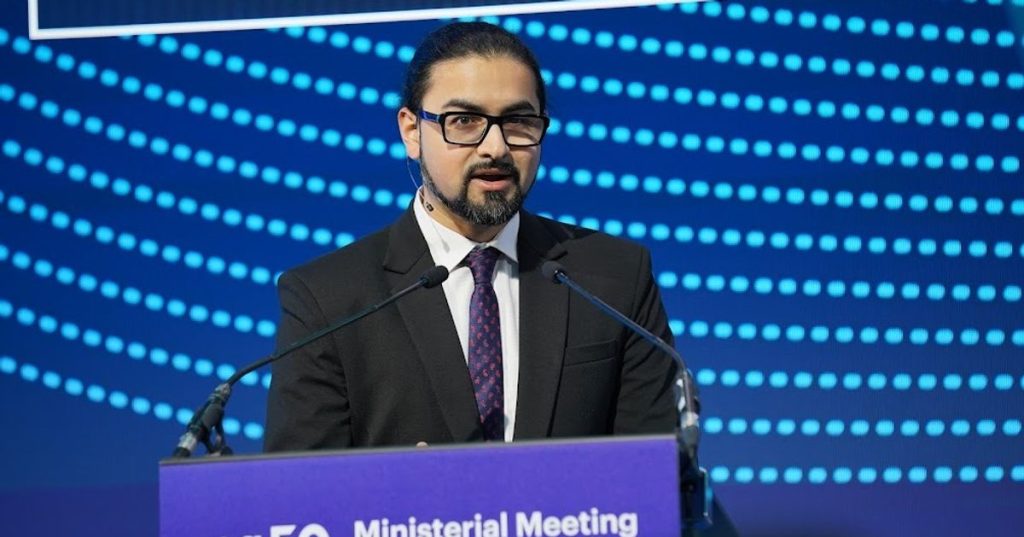In May 2019, the author attended a conference in Jackson Hole, Wyoming, focused on the future of carbon capture technology as a means to reduce the climate impact of burning fossil fuels. The author was surprised to find a room full of professionals discussing the complex reality of carbon capture, painting a broader picture of the potential effectiveness of these technologies. While the author initially believed that fossil fuel companies were promoting carbon capture as a distraction from more promising solutions, conversations at the conference highlighted the essential role this technology could play in meeting emissions targets and reducing planet-heating pollution in heavy industries.
The author’s discussions with experts like Akshat Rathi and Julio Friedmann shed light on the potential of carbon capture technology to reduce emissions and help transition to cleaner energy sources. Carbon capture was seen as a critical tool to slash planet-heating pollutants and meet emissions reduction targets. The author also explores the challenges in transitioning to a decarbonized economy, especially in addressing the energy needs of billions of people without access to reliable electricity. Carbon capture is considered a key component in transitioning to cleaner energy sources and reducing emissions from heavy industrial applications.
Rathi’s book “Climate Capitalism” profiles various individuals working on solutions to combat climate change, highlighting the role of the private sector in driving climate action. The book delves into the intersections of capitalism and climate solutions, challenging the belief that capitalism is entirely at odds with addressing climate change. The author discusses how capitalism can be reshaped to drive climate solutions, focusing on the regulation and direction needed to promote clean energy transitions. The embrace of capitalism in addressing climate change reflects a pragmatic approach to leveraging market forces to achieve sustainability.
The conversation then shifts to the impact of climate change on democracy and the challenges in bridging the gap between long-term climate planning and short-term economic priorities. The author discusses how climate change poses a significant threat to democratic systems, highlighting the need for governments to balance economic growth with environmental sustainability. In the face of climate challenges, governments often prioritize short-term concerns over long-term planning, creating barriers to effective climate action.
The discussion expands to the debate surrounding China’s role in global trade and climate solutions, exploring the tensions between trade liberalization and protectionism. The author reflects on the complexities of trade policies in the context of climate change, emphasizing the importance of bringing people along in the transition to a cleaner economy. Despite the economic efficiencies of trade liberalization, political considerations play a crucial role in shaping climate policies and ensuring a just transition for impacted communities.
The conversation ends with a focus on the challenges facing climate activism, including government crackdowns on protests and activism. The author emphasizes the importance of activism as a force for driving climate action and highlights the threats posed by authoritarian measures that stifle dissent. Climate activism plays a crucial role in mobilizing public support and holding governments accountable for addressing the climate crisis.














